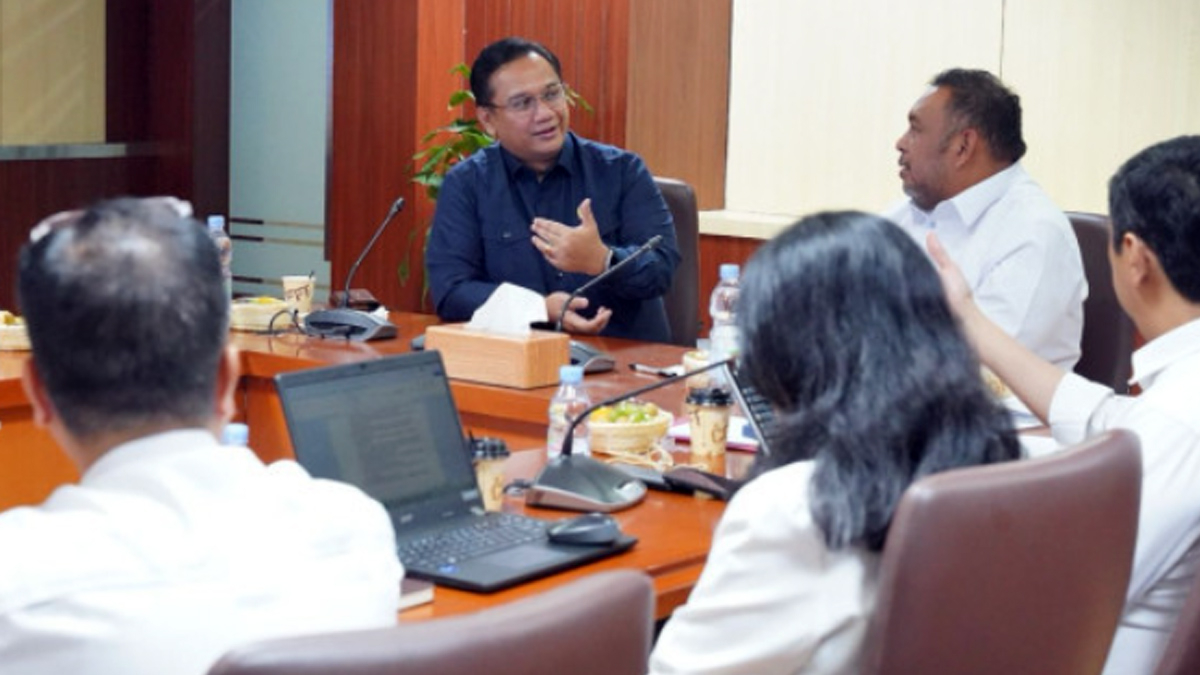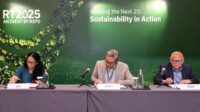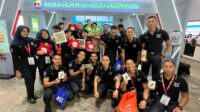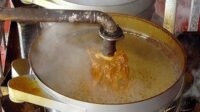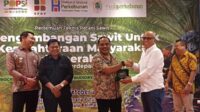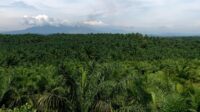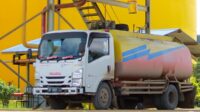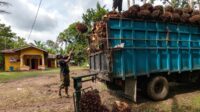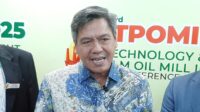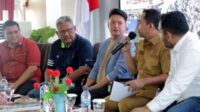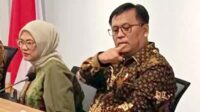PALMOILMAGAZINE, JAKARTA – To prevent Maladministration in public services related to palm oil industry commerce, the Indonesian Ombudsman conducted an entry meeting and requested data and information from the Ministry of Agriculture, specifically through the General Directorate of Plantation, on Wednesday, 17 July 2024. The meeting took place at the Ministry of Agriculture’s office as part of the Ombudsman’s systemic study.
Yeka Hendra Fatika, a member of the Indonesian Ombudsman, stated that the systemic study would address key aspects prone to Maladministration, including land allocation, permits, and product commerce within the palm oil sector.
“The systemic study would cover some Maladministration potential in area, permit, product commerce in palm oil sector that might need improvement,” he said, as in the official statement to beige-heron-208544.hostingersite.com, July (21/7/2024).
Also Read:
In area aspect, Ombudsman IR emphasized that it would be significant to get certainty of inventory and solution of palm oil overlapping areas in the forest regions. In permit aspect, the institution encouraged to get certainty of service and cultivation document publication as one condition to get Indonesian Sustainable Palm Oil (ISPO) certificate. In commerce aspect, Ombudsman IR said that it would need to improve fresh fruit bunch (FFB) and other palm oil products management, and should improve policy about biodiesel and palm oil mill effluent (POME).
“Until now the systemic study about preventing Maladministration in palm oil industries has been in the analysis phase. We would ask for information and data and would continue by taking field data and other confirmation,” Yeka said.
He hoped it would be accomplished before the end of this year. Data gathered from Riau, Central Kalimantan, and West Sulawesi would be discussed in focus group discussion and would be directly seen in the plantations and the mills.
Also read: President Jokowi Directs PFMA to Support Coconut and Cocoa Cultivation
To respond, General Director of Plantation, Andi Nur Alam Syah would be ready to get coordination with the systemic study. “We would encourage to accomplish every file of spatial map and smallholders replanting program would be conducted through barcode to ease every smallholder,” he said.
Andi also mentioned digital system to publish cultivation document would escalate efficiency and plantation productivity. “Cultivation document would be got through digital system in smallholders’ level so that palm oil commerce would not be in management level only but also would get higher productivity,” he said. (P2)

